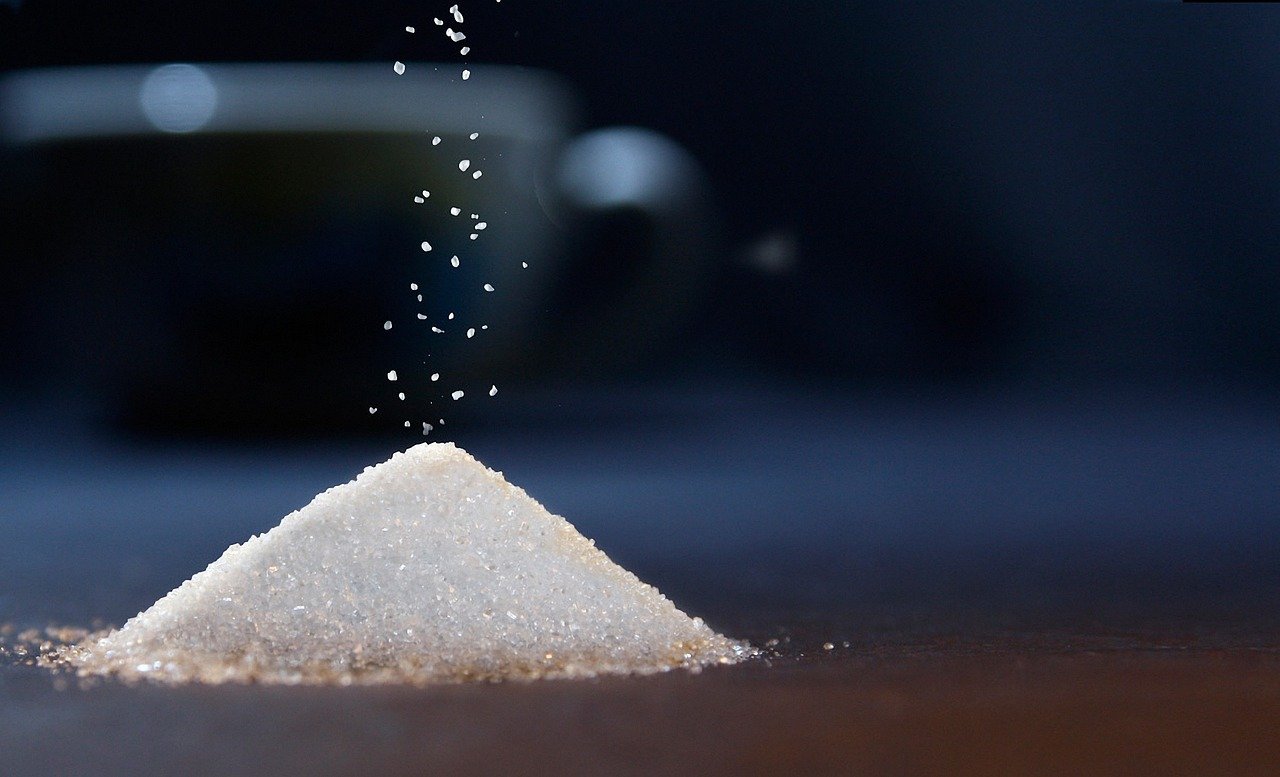The Impact of High-Fructose Corn Syrup on Our Diet
Have you ever wondered how high-fructose corn syrup affects our diet and overall health? In this article, we will delve into the details of high-fructose corn syrup and its impact on our bodies. Let’s explore the facts and myths surrounding this controversial ingredient.

This image is property of pixabay.com.
What is High-Fructose Corn Syrup?
High-fructose corn syrup (HFCS) is a sweetener made from corn starch that has been processed to convert some of its glucose into fructose. It is commonly used in processed foods and beverages to enhance sweetness. HFCS is cheaper than sugar, making it a popular choice for manufacturers.
How Does High-Fructose Corn Syrup Affect Our Body?
When we consume HFCS, it is rapidly absorbed into our bloodstream, leading to a spike in blood sugar levels. This spike triggers the release of insulin, a hormone that helps regulate blood sugar. Over time, excessive consumption of HFCS can contribute to insulin resistance, metabolic syndrome, and obesity.
The Link Between High-Fructose Corn Syrup and Obesity
Numerous studies have shown a correlation between the consumption of HFCS and the rising rates of obesity. HFCS is found in many processed foods and sugary beverages that are high in calories but low in essential nutrients. This empty-calorie consumption can lead to weight gain and other health issues.
High-Fructose Corn Syrup and Heart Health
Excessive intake of HFCS has been linked to an increased risk of heart disease. High levels of fructose can elevate triglyceride levels in the blood, which can contribute to plaque buildup in the arteries. This, in turn, increases the risk of heart attacks and strokes.

This image is property of pixabay.com.
Is High-Fructose Corn Syrup Addictive?
Some researchers believe that high-fructose corn syrup may have addictive properties. The rapid absorption of fructose in HFCS can lead to cravings for more sweet foods and beverages. This cycle of consumption can result in overeating and weight gain, further exacerbating the obesity epidemic.
The Role of High-Fructose Corn Syrup in Liver Disease
Consuming large amounts of HFCS can have a detrimental impact on our liver health. Excessive fructose intake can overwhelm the liver’s ability to metabolize it, leading to the accumulation of fat in the liver. This can progress to non-alcoholic fatty liver disease (NAFLD), a serious condition that can increase the risk of liver damage and other health complications.

This image is property of pixabay.com.
Reading Food Labels: How to Identify High-Fructose Corn Syrup
To avoid the negative effects of high-fructose corn syrup, it is essential to read food labels carefully. HFCS can be sneaky and hide under different names such as corn syrup, glucose-fructose syrup, and fructose syrup. Be vigilant when choosing products at the grocery store and opt for natural, whole foods whenever possible.
Healthy Alternatives to High-Fructose Corn Syrup
Fortunately, there are plenty of healthy alternatives to high-fructose corn syrup that can satisfy our sweet cravings without compromising our health. Natural sweeteners like honey, maple syrup, and stevia are excellent choices that provide sweetness without the negative impacts of HFCS.
Moderation is Key
While it’s important to be mindful of our high-fructose corn syrup intake, it’s also crucial to remember that moderation is key. It’s okay to enjoy the occasional treat that contains HFCS, but the key is not to make it a regular part of our diet. By being conscious of our choices and opting for healthier alternatives, we can make a positive impact on our overall health and well-being.
Conclusion
In conclusion, high-fructose corn syrup can have a significant impact on our diet and health. By understanding the risks associated with HFCS and making informed choices about the foods we consume, we can take control of our health and well-being. Remember to read food labels, choose natural sweeteners, and practice moderation in your diet to minimize the negative effects of high-fructose corn syrup. Let’s prioritize our health and make conscious decisions about the foods we eat.
